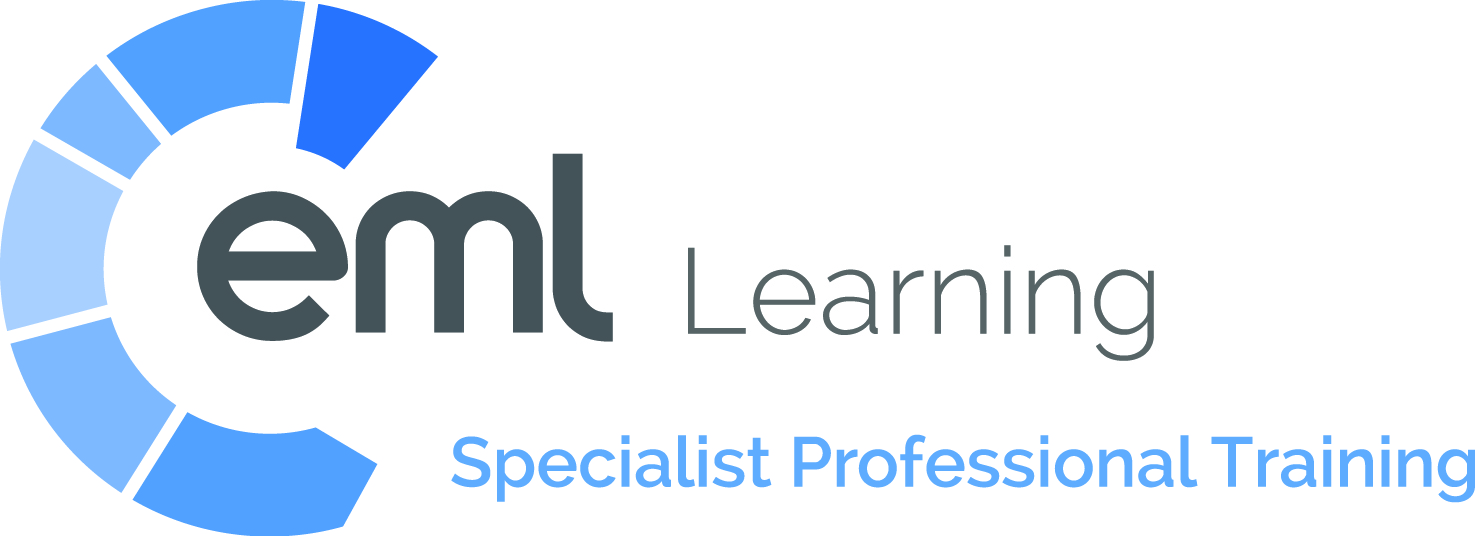Course Quick Facts Course Facts
Summary Summary
The course aims to introduce participants to simple linear panel data models with particular emphasis on random- and fixed-effects estimation. In addition, a strong focus will be placed on practical data preparation, manipulation, model implementation and interpretation using Stata. Participants will go through relevant examples during practical sessions which include data from the British Household Panel Survey (BHPS), the primary panel data set in the UK.
The overall emphasis of this course is on creating a "good practice" when first starting to analyse panel data. Prior experience has shown that participants are particularly interested in the practical application of basic techniques and both two days are designed to reflect this. The course does not cover advanced concepts such as dynamic or non-linear panel data models.
Participants can expect to leave the course feeling confident in their ability to manipulate and analyse complex panel datasets using Stata.
Location Location
Central London
Course Details Info
.30 – 10.00 Lecture: Introduction to Panel Data
A refresher on cross-sectional techniques. Advantages and disadvantages of panel data. Common panel data sets.
10.00 – 13.00 Lecture/Practical: Introduction to Stata and introduction to Stata xt commands
An interactive session where Stata is introduced and basic commands are established. Here a strong emphasis will be placed on careful initial data analysis (descriptives) and data manipulation (a common source of mistakes). The Stata panel data specific xt commands will be introduced.
Coffee break where appropriate.
13.00 – 14.00 Lunch Break
14.00 – 15.30 Lecture/Practical: Random and Fixed effects using Stata
In this session the pooled OLS, fixed-effects and random-effects model will be introduced. We will discuss the Hausman test and comparison of estimators. The relevant Stata commands and options will be discussed.
Coffee break where appropriate.
15.30 – 17.00 Practical: Applications to the BHPS
This session will introduce the BHPS to participants. Participants will learn how to compile cross-sectional data into panel data, manipulate the panel data and produce initial descriptive analysis.
10.00 – 11.30 Practical: Continuation of BHPS analysis
This session will build on the previous day’s work and integrate the estimation techniques learned. By the end of this session participants will have taken raw data, formatted it, produced descriptive statistics and estimated, diagnosed and interpreted panel data regression models. This session is a key learning outcome of the course.
Coffee break where appropriate.
11.30 – 13.00 Lecture/Practical: First differences, difference-in-differences and lagged variables
This session aims to introduce variations on the theme by exploring first differences and difference-in-difference type analyses. The relevant Stata commands will be discussed
13.00 – 14.00 Lunch Break
14.00 – 15.30 Practical: Implementing first differences, diff-in-diff and lagged variables
This session aims to practically implement the aforementioned methodologies. By default the implementation of these estimators require some data manipulation within Stata and care will be taken to highlight this.
Coffee break where appropriate.
15.30 – 17.00 Individual requests/Practical continuation/Re-cap
This session is an ‘open’ session which, depending on prior progress, may be used to recap some of the previously learned material. Previous experience has shown that participants greatly appreciate some unstructured time where previous topics can be re-discussed, practical problems can be elaborated or participants can raise specific problems they have encountered in their own research and make requests.
